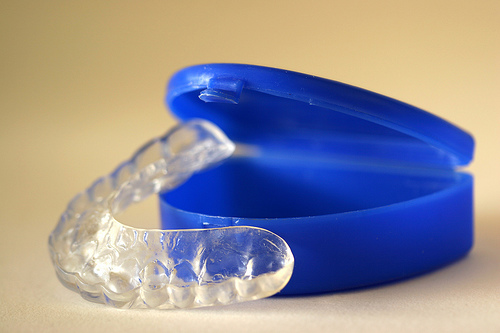Relax with Sedation Dentistry
September 27th, 2017

Dr. Michelle Slezewski and Dr. Paul Engibous and our team at Pediatric Dental Associates understand that many of our patients have a fear of dentistry. You may be concerned about experiencing pain from sensitive teeth or routine procedures. General anxiety is also common. Do not put off visiting our Anchorage, AK office; we offer various types of sedation to take the pain and fear out of your dental procedure.
Nitrous Oxide Sedation
For many patients, nitrous oxide, combined with local anesthetics, will both provide pain relief and reduce anxiety. Nitrous oxide is beneficial because the dosage can be regulated during treatment and patients are normally capable of driving shortly after the procedure is completed.
Oral or Injected Sedation
With oral sedation, you may be given a pill or liquid to consume several hours before your procedure. You will not be able to drive yourself to the appointment. An oral liquid is often given to children before any shots or intravenous anesthesia. An intramuscular injection may be given at the office that provides relaxation benefits for 20 to 30 minutes.
Nitrous Oxide with an Oral Sedative
If you experience higher levels of anxiety, an oral or injected sedative can be offered before nitrous oxide is started. This is also effective for reducing anxiety regarding the injection of local anesthetics. A liquid medication followed by nitrous oxide is beneficial for children. This combination can produce a deep sedation level.
General Anesthesia
This type of anesthesia can be offered as an inhaled gas or intravenous liquid. If no oral sedative is given before the general anesthesia is administered, you should wake up quickly after your procedure is complete. An injection, pill, or liquid medication can be offered to reduce anxiety before intravenous sedation begins. Intravenous sedation can also be used at moderate-to-deep sedation levels without complete loss of consciousness.
Do not hesitate to ask Dr. Michelle Slezewski and Dr. Paul Engibous about receiving sedation or pain prevention when you visit. We will be glad to explain the options we have available and answer all your questions to ensure that your exam is pleasant for you.



